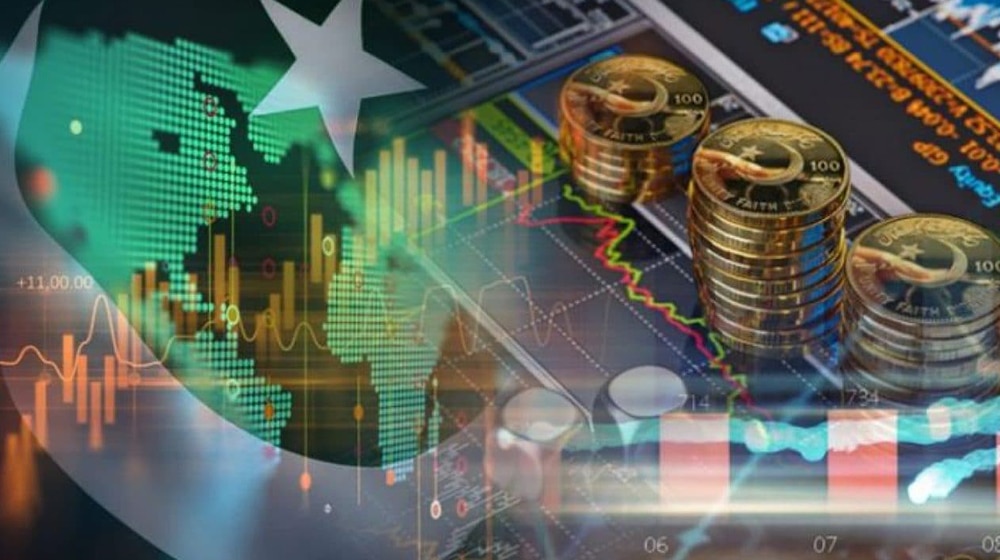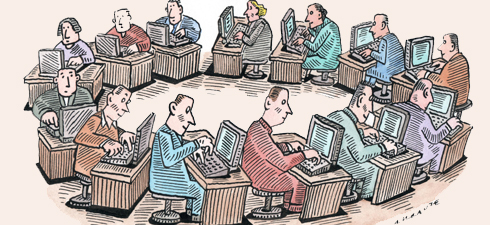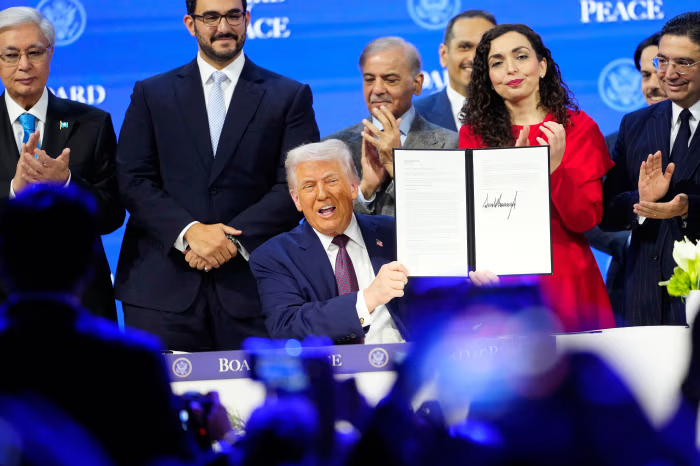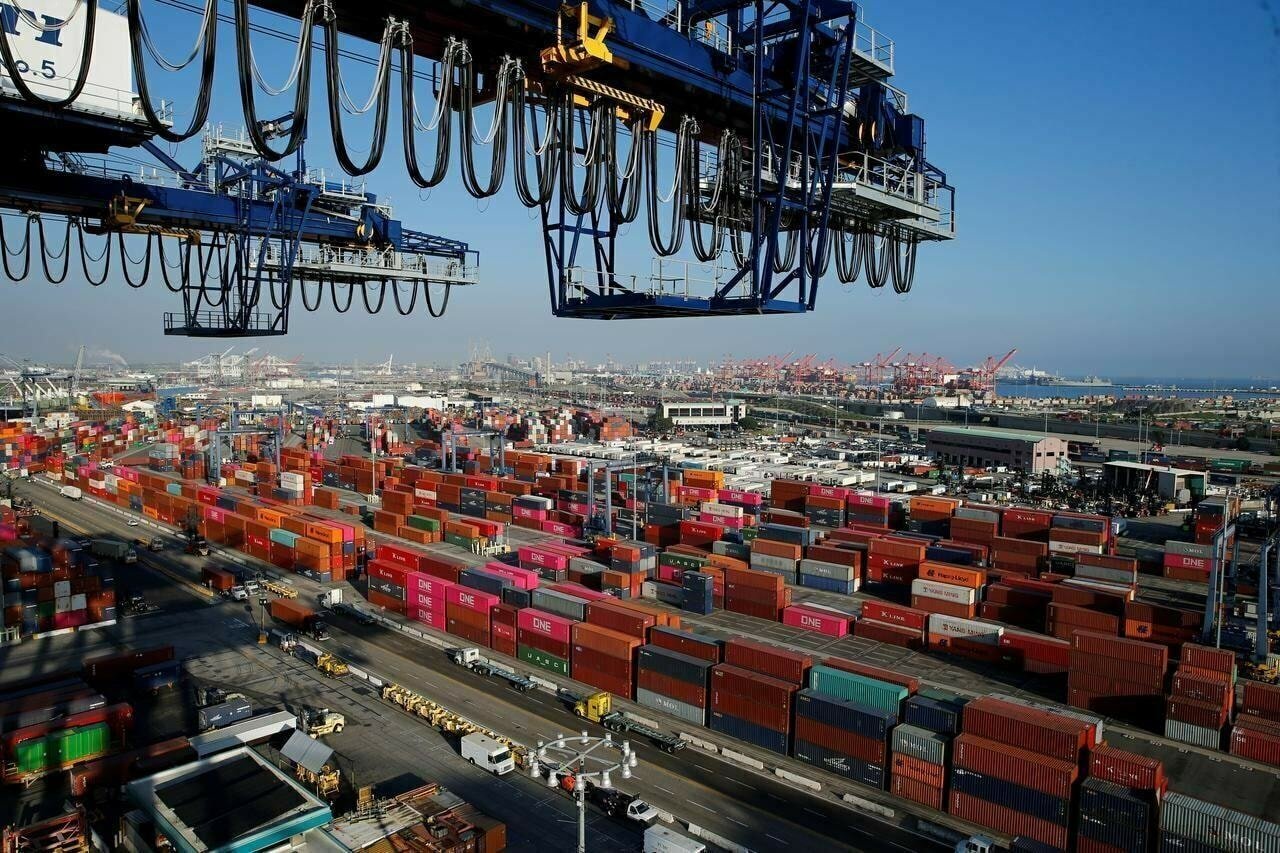Arshad Mahmood Awan
The World Bank’s recent warning about Pakistan’s weak and imbalanced trade agreements has once again brought to light a long-standing flaw in the country’s economic strategy. For decades, Pakistan has signed preferential and free trade agreements that promise market access and growth but have instead trapped the economy in a cycle of dependency, inefficiency, and declining competitiveness. The Bank’s latest report makes it clear: Pakistan’s trade liberalisation model is outdated, its policies are reactive, and its results have been disappointing.
The numbers alone tell the story. In the 1990s, Pakistan’s exports accounted for nearly 16 percent of its GDP. Today, that figure has fallen below 10 percent — a stark indicator of stagnation in an increasingly competitive global market. The Bank’s assessment is blunt: Pakistan’s preferential trade deals with ten bilateral partners are too narrow in scope and too shallow in benefit. Rather than fostering industrial growth and innovation, these agreements have opened the domestic market to foreign products, undermining local industries and accelerating deindustrialisation.
Follow Republic Policy on YouTube
The imbalance is not just statistical — it is structural. Pakistan’s trading partners have reaped the benefits of easy market access while offering little in return. Under these trade deals, the influx of cheaper imports has eroded domestic production capacity. Local industries, already burdened by high energy costs, inconsistent policies, and bureaucratic inefficiencies, have struggled to compete. The outcome is visible in shuttered factories, job losses, and a manufacturing sector that continues to shrink instead of expand.
This decline is not inevitable but the result of policy neglect. The World Bank notes that almost every country that achieved sustained economic growth did so by integrating strategically into global markets. Pakistan, on the other hand, has followed an inverted path — relying on debt inflows, remittances, and consumption-driven spurts instead of production and productivity. The illusion of growth created by borrowing has repeatedly masked deep structural weaknesses, leaving the economy exposed whenever external support wanes.
Follow Republic Policy on Facebook
The composition of Pakistan’s exports reveals another problem. The export basket remains dominated by low-value textiles and agricultural products, sectors that have failed to climb the value chain or adopt technological innovation. While countries like Vietnam and Bangladesh diversified into electronics, machinery, and higher-end garments, Pakistan remained fixated on cotton-based products and primary goods. The lack of diversification has not only limited export revenues but also made the economy vulnerable to commodity price fluctuations and external shocks.
Follow Republic Policy on TikTok
The World Bank estimates that Pakistan has missed out on nearly $60 billion in potential exports due to inefficiency, outdated trade policy, and a lack of strategic direction. The bureaucracy’s short-term mindset — focused on temporary concessions, quick fixes, and ad-hoc measures — has failed to build a competitive trade ecosystem. Exporters operate within a policy framework that discourages innovation, lacks institutional coordination, and is often inconsistent with the realities of international markets.
Follow Republic Policy on Instagram
The Bank’s prescription is both logical and urgent. It recommends deepening existing trade agreements beyond tariff concessions to include services, digital trade, and investment facilitation. These broader frameworks can help integrate Pakistan into regional and global value chains — something essential for sustainable export-led growth. Moreover, the report emphasises the need for regular consultation with exporters and business stakeholders. Trade policy, it argues, should not be dictated by bureaucrats in isolation but shaped collaboratively with industry experts who understand the dynamics of global demand.
Follow Republic Policy on WhatsApp Channel
Yet, as the World Bank rightly points out, the real challenge is not identifying what needs to be done but implementing it. Pakistan’s economic policymaking has long suffered from inertia and inconsistency. Governments announce reform plans but fail to follow through due to political instability, vested interests, and weak institutional capacity. The result is a recurring pattern of half-measures — new committees, old policies, and recycled slogans about “export-led growth.”
To reverse this trajectory, Pakistan must go beyond rhetoric. It needs to renegotiate its bilateral and regional trade agreements to ensure mutual benefit and safeguard domestic industries. New trade pacts should prioritise investment flows, technology transfer, and industrial linkages rather than mere tariff reductions. Simultaneously, Pakistan must strengthen its institutional mechanisms for trade monitoring and dispute resolution so that agreements serve national development goals instead of external pressures.
Transitioning to an export-led growth model is not just an economic necessity — it is a political imperative. A stronger export base will reduce dependence on foreign debt, stabilise the currency, and generate sustainable employment. For this, the government must create an enabling environment: competitive energy pricing, simplified taxation, and stable regulatory frameworks that incentivise exporters rather than penalise them.
Ultimately, the World Bank’s advice is not new — it merely reiterates what Pakistan’s policymakers have known for decades but failed to act upon. The country stands at a defining juncture: continue the cycle of short-term fixes and dependency, or pursue structural reforms that can finally unleash its export potential. Without this shift, Pakistan risks remaining trapped in an economic model that consumes more than it produces, imports more than it exports, and borrows more than it earns.















